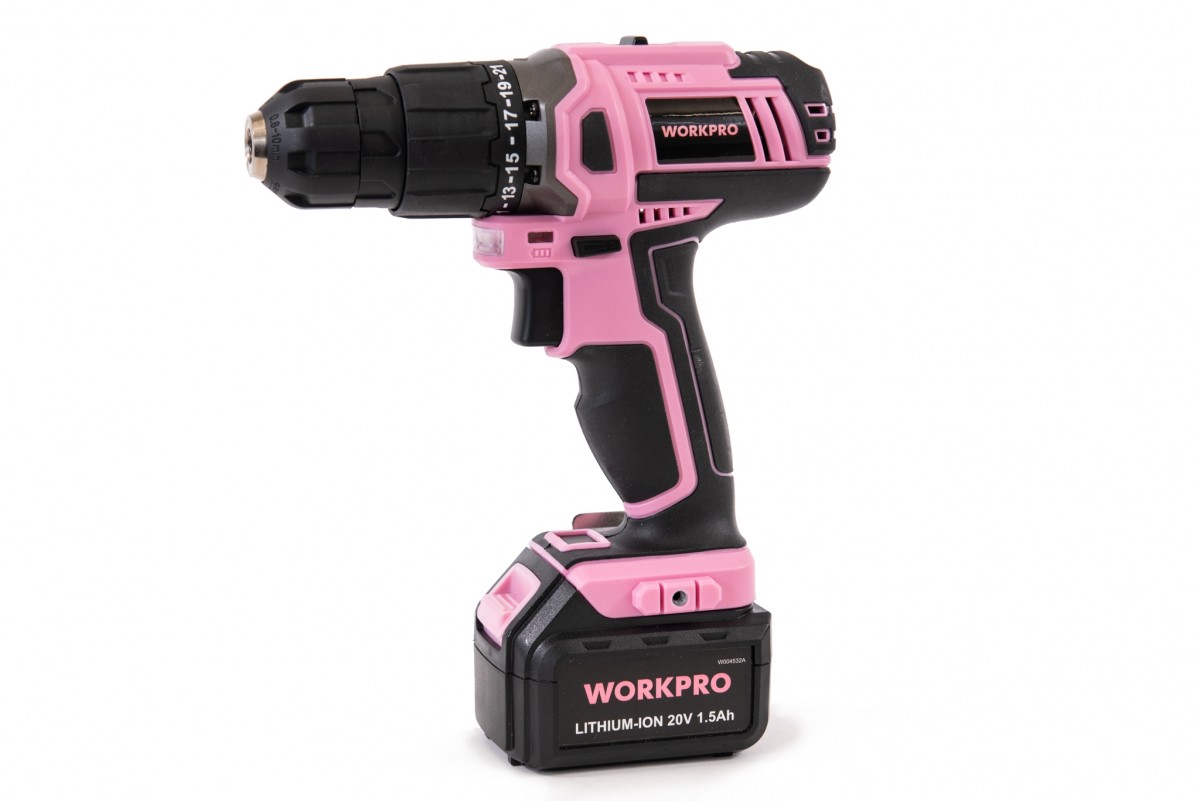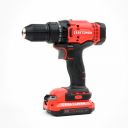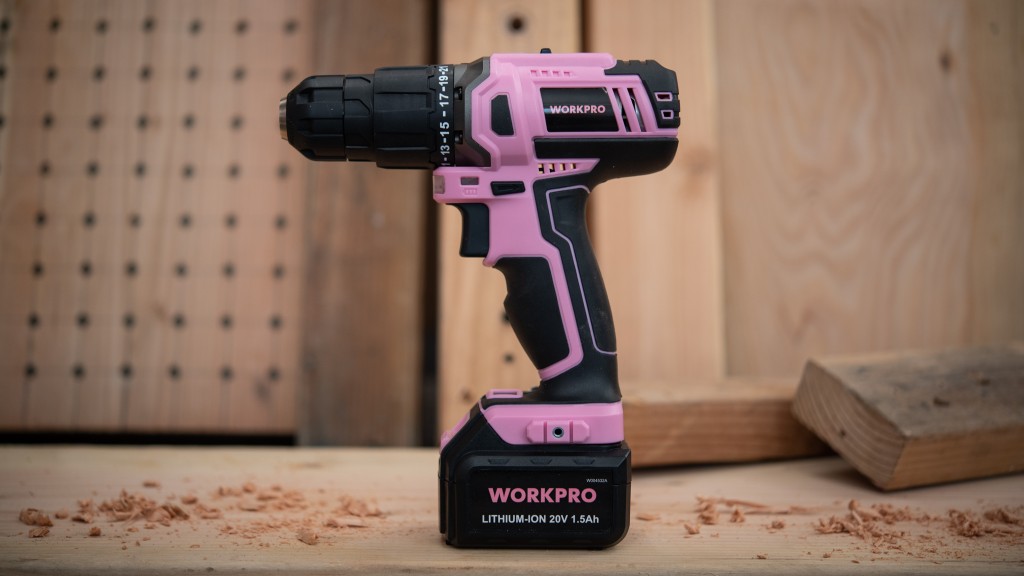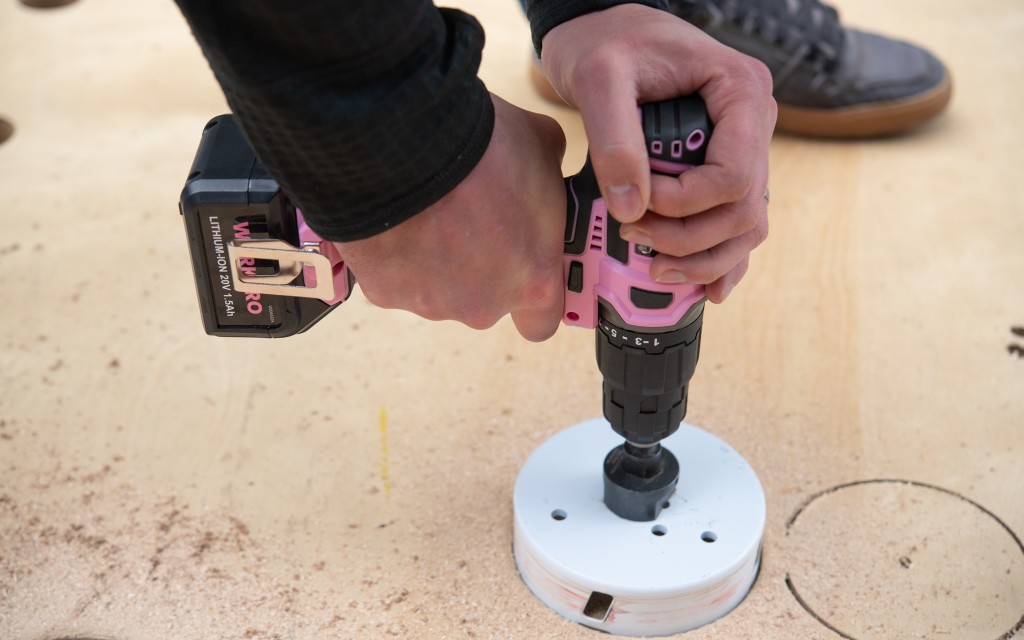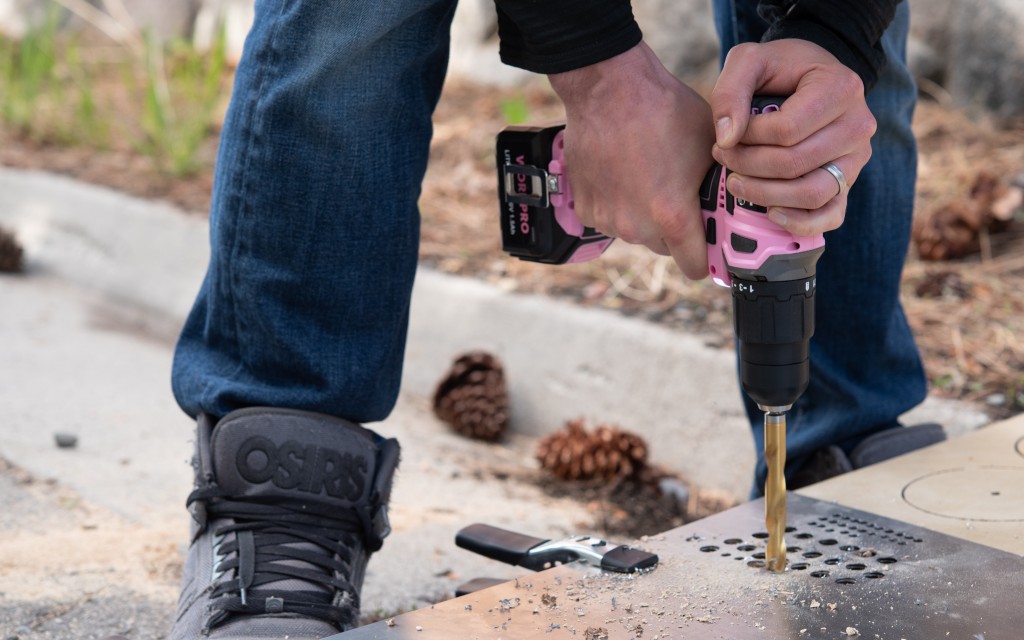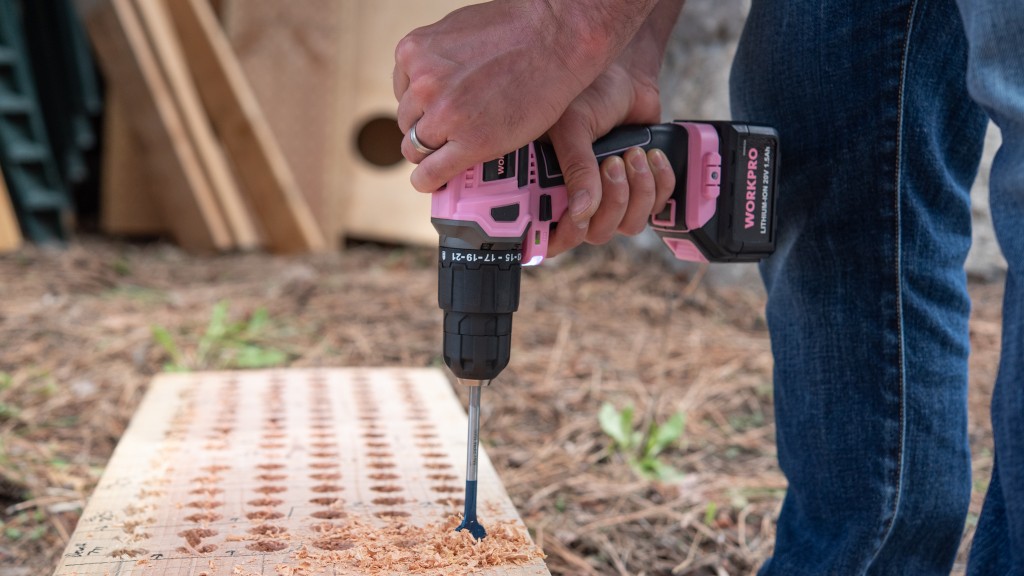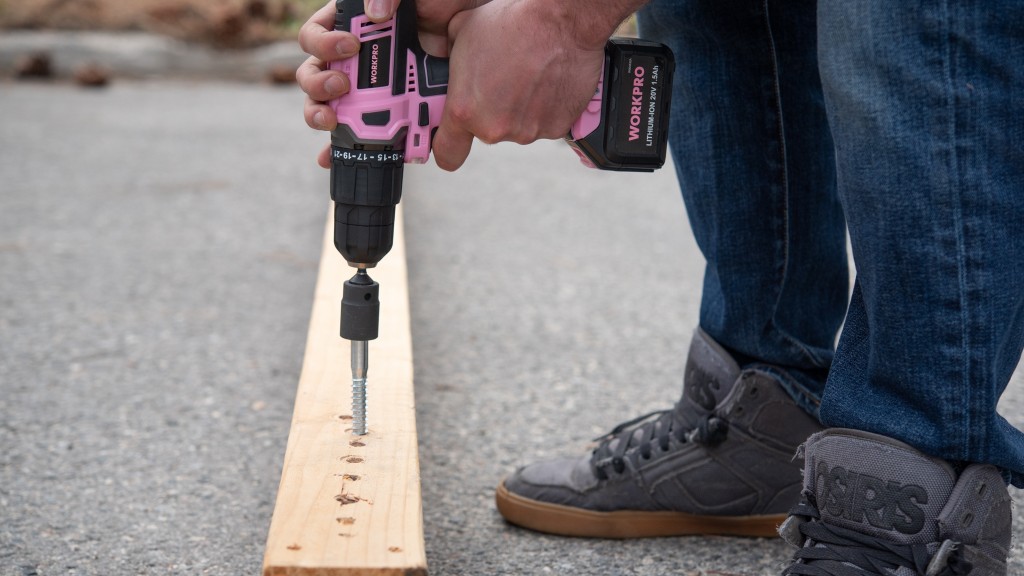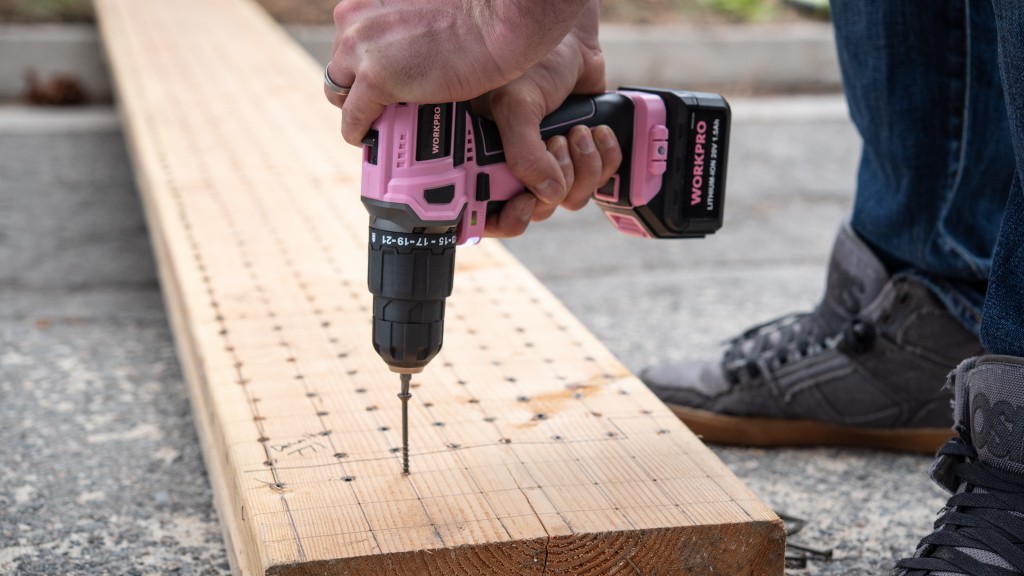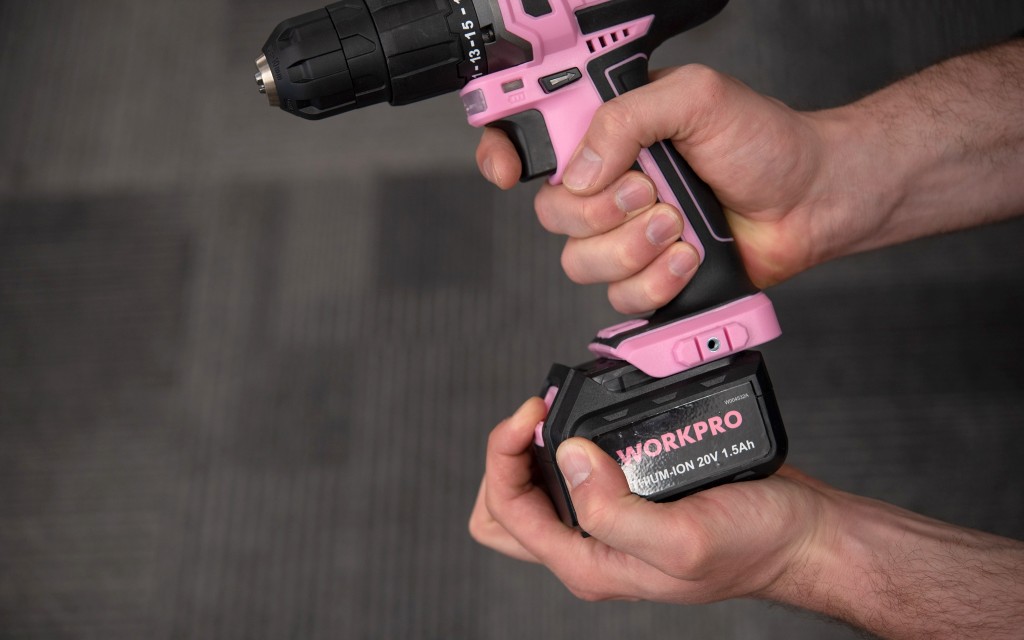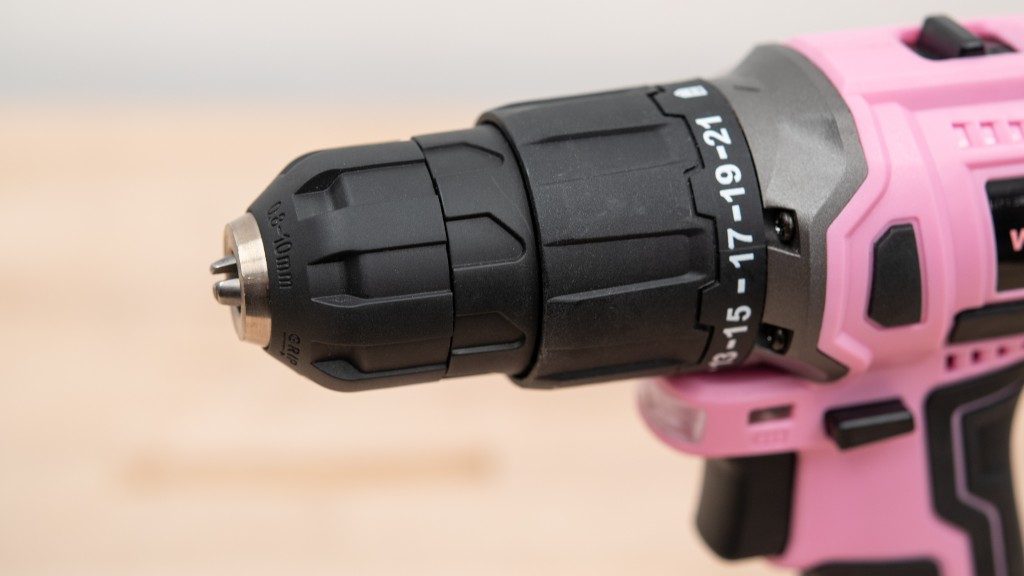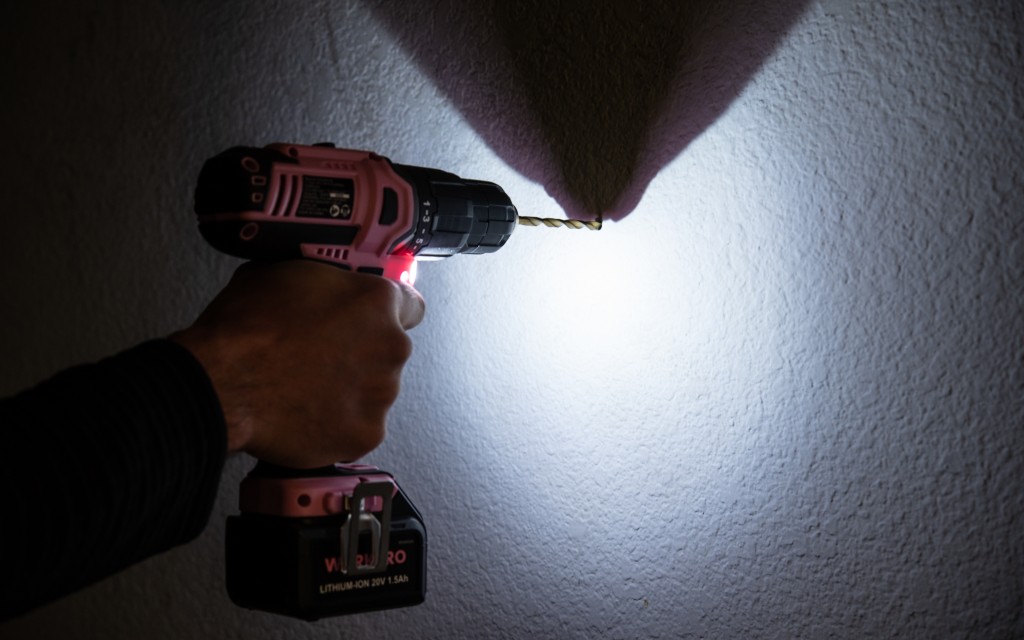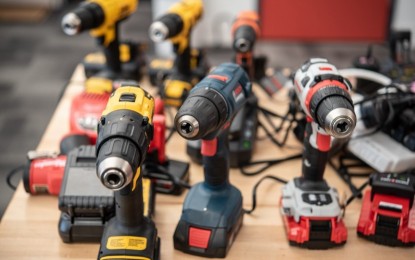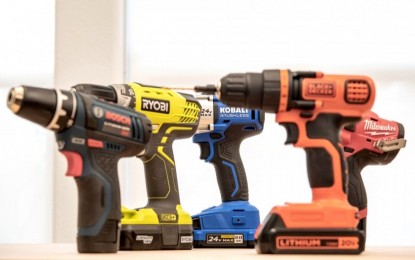Workpro 20V Drill Driver Set Review
Our Verdict
Compare to Similar Products
 This Product
Workpro 20V Drill Driver Set | |||||
|---|---|---|---|---|---|
| Awards | |||||
| Price | $60 List $55.99 at Amazon | $79 List $49.00 at Amazon | $130 List Check Price at Amazon | $87 List $73.73 at Amazon | $40 List $39.99 at Amazon |
Overall Score  |
|||||
| Star Rating | |||||
| Bottom Line | While it is one of the least expensive drills we have tested, it wouldn't be our first choice for a budget-conscious option | A great budget drill for a homeowners or DIYer and has more than enough power for moderate to light-duty tasks | Our favorite compact 12-volt drill when considering overall performance and price | This drill isn't great, but can speed up driving screws through prefabricated furniture at a low price | A low-powered option for those who only need to do light-duty tasks and want to spend the absolute minimum |
| Rating Categories | Workpro 20V Drill D... | Craftsman V20 1/2-I... | Bosch 12V Max Drill... | Black+Decker 20V Ma... | Black+Decker 12V Ma... |
| Drilling (35%) | |||||
| Driving (35%) | |||||
| Battery Life (20%) | |||||
| Convenience (10%) | |||||
| Specs | Workpro 20V Drill D... | Craftsman V20 1/2-I... | Bosch 12V Max Drill... | Black+Decker 20V Ma... | Black+Decker 12V Ma... |
| Measured Weight | 2.82 lb | 3.44 lb | 2.17 lb | 2.68 lb | 2.19 lb |
| Measured Charge Time | 230 min | 58 min | 85 min | 210 min | 200 min |
| Measured Length | 7-1/4" | 8-1/4" | 6-5/8" | 7" | 7" |
| Measured Number of Settings | 21 | 23 | 20 | 10 | 10 |
| Included Battery Pack(s) | 1.5 Ah | 1.3 Ah | 2.0 Ah | 1.5 Ah | 1.5 Ah |
| Max Chuck | 3/8" | 1/2" | 3/8" | 3/8" | 3/8" |
| Battery Voltage | 20V | 20V | 12V | 20V | 12V |
| Drill Model Tested | W004532A | CMCD700 | PS31 | LDX120C | BDCDD12C |
| Box Model (Kit) Tested | X001TOJ70B | CMCD700C1 | PS31-2A | LDX120C | BDCDD12C |
| Five Inch Hole Saw Test Timing | 80 seconds | 55 seconds | 70 seconds | 90 seconds | 201 seconds |
| Lag Screw Test (What is Left to From Driving) | 1.06 in | 0.63 in | 1.13 in | 1.81 in | 2.50 in |
| Manufacturer Stated RPM | Low: 0 - 400 High: 0 - 1500 |
Low: 0 - 450 High: 0 - 1500 |
Low: 0 - 350 High: 0 -1300 |
0 - 650 | 0 - 550 |
| Manufacturer Peak Torque | 142 in-lbs | 280 UWO | 256 in-lbs | Not Listed | Not Listed |
| Battery Indicator Location | Drill (not a very helpful indicator) | Battery | Drill | N/A | N/A |
| LED Location | Above the trigger | Above the trigger | Above the trigger | Above the trigger | Above the battery |
| Included Belt Clip | Yes | No | No | No | No |
Our Analysis and Test Results
The WorkPro scored just a few points worse than the Black+Decker LDX120C and ahead of the Black+Decker BDCDD12C. The LDX120C and the WorkPro are about the same in terms of driving, but the Black+Decker does have a slight edge when drilling. These drills both have an equally disappointing battery life, though the WorkPro is slightly more convenient to use with its dual operating modes, belt clip, and battery indicator. However, the Black+Decker retails for a bit less, making it a better bargain option if you are on a tight budget. The WorkPro is quite a bit better than the BDCDD12C. Still, the BDCDD12C retails for about half the price and has enough power for simple tasks, making it a better option if you want the cheapest drill possible just to make it easier to hang a picture or assemble some furniture.
Performance Comparison
Drilling
The WorkPro got off to a bit of a rough start in our first metric, which is responsible for 35% of its total score. It did poorly in our trio of drilling tests.
For the first test, the WorkPro didn't seem like it was going to do all that bad, drilling through a 16 gauge steel sheet with a ¼" drill in about 2.5 seconds. It didn't struggle or bind up at all. It did a little worse when we moved up to a ½" twist drill, but it still drilled the hole in about 10 seconds with just the tiniest bit of a struggle.
Next, we attempted to drill a 1" hole through a 2x12 with a spade bit. This did not happen, with the drill only making it about ⅛" into the wood before stalling in the higher speed, but it did eventually make it through when we shifted into the lower gear. Even more disturbing, the air coming from the drill was hot enough, almost to burn you.
While we didn't expect much after this drill's performance with the paddle bit, we decided to forge ahead and try the WorkPro with our most challenging drilling task: using a 5" hole saw to bore into a solid door. Surprisingly, it made it to the full depth in about 80 seconds. However, this drill started to smell terrible and began to smoke right as it finished the test — enough to the point that we threw the drill down and started looking for a fire extinguisher. Thankfully, it didn't fully ignite, but needless to say, we wouldn't recommend using this large of a bit in this drill.
Driving
After the drilling tests, we tentatively evaluated the driving performance of the WorkPro, which is also responsible for 35% of its total point score. This metric consists of two tests: driving in #9 countersunk wood screws and driving in a ½" diameter, ½" long wood screw.
The WorkPro pretty much consistently struggled with the last inch of the 3" wood screws. It could barely get the countersunk screw heads flush with the surface of the board, and we needed to shift to a lower gear unless we had just taken a battery off the charger.
We were pretty cautious about using the WorkPro to drive in the ½" lag screw after the smoke in the last test, but, thankfully, it was a lot less eventful. We started by drilling the correct size pilot hole through the boards, then setting the WorkPro to work. It did pretty well at first, driving in the first part of the screw but stalled out with a little over an inch remaining and couldn't drive the screw in any further.
Battery Life
Our third metric focused on the battery life of the WorkPro, which accounts for one-fifth of its overall score. It again did quite poorly. We used the 1.5 Ah battery in our tests.
To score the battery life of the WorkPro, we alternated between driving in 16 of the standard #9 wood screws and drilling three holes with the 1" spade bit. We repeated this until the drill died. The WorkPro made it through 3.5 cycles of this before the battery died, which is quite a bit worse than the best drills, which made it through 10 or more.
The WorkPro includes a single 1.5 Ah battery that takes an absurdly long time to charge — almost four hours. This is far longer than almost every other drill we have tested to date.
Convenience
This cordless drill is decently lightweight, weighing in at just under 3 pounds. The WorkPro has a belt clip and two operating speeds, but the chuck only opens enough to hold a bit with a ⅜" shaft or smaller. The WorkPro has a built-in work light above the trigger, but we didn't find it all that helpful. It creates a ton of shadow over what you are trying to drill.
Finally, this drill does have a battery indicator, but we don't think it is very good. However, it is relatively easy to remove or install the battery, with a locking mechanism release button that is very easy to press.
Should You Buy the Workpro 20V?
While the Workpro 20V Drill Driver Set stood out from the rest of the pack due to its bright pink case, there isn't really a reason that we would recommend it unless you are dead set on getting a pink cordless drill and value color above everything else. This drill is inexpensive, but it isn't a great value. There are comparably priced drills that are better or less expensive options if you are looking for a cheap drill. We also don't expect much long-term use from this model.
What Other Drill Should You Consider?
If you are on the highest budget and the top performers are outside of your budget, the Craftsman V20 1/2-In. Drill/Driver Kit CMCD700C1 is a better choice than the Workpro. While it isn't the absolute best at anything, it does offer stronger performance in our tests for drilling and driving. It has better battery life and is easier to use. While it will cost almost twenty dollars more than the Workpro, we believe the better performance and less frustration is worth the extra money and encourage readers to save up if necessary.


